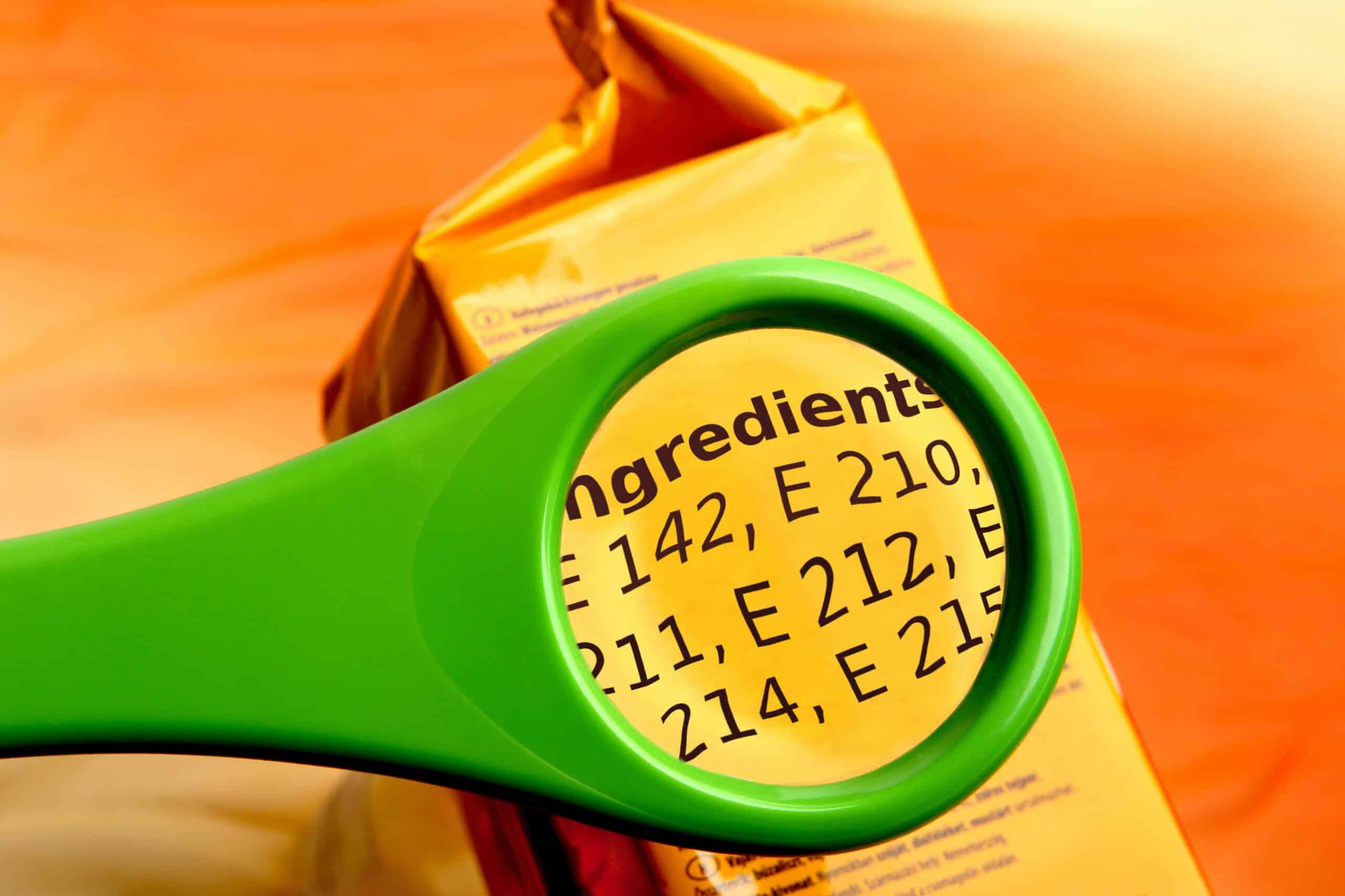According to recent research from the Environmental Working Group, nearly 1,250 products contain the chemical tert-butylhydroquinone to extend their shelf life. TBHQ is commonly used as a preservative in hundreds of popular products like Cheez-Its, Pop-Tarts, and Rice Krispies Treats. However, recent research suggests that it disrupts immune health in animal and non-animal testing and it may even weaken the effectiveness of vaccines.
“The pandemic has focused public and scientific attention on environmental factors that can impact the immune system,” says Olga Naidenko, Ph.D., said study lead author and EWG vice president for science investigations. “Before the pandemic, chemicals that may harm the immune system’s defense against infection or cancer did not receive sufficient attention from public health agencies. To protect public health, this must change.”
Along with using data from the ToxCast the team of researchers examined the health hazards from preservatives as well as PFAS chemical commonly used in making food packaging which can migrate from wrappers onto the food itself. The analysis shows that TBHQ appears to have a link to poor immune health in toxicology testing.
The food industry has been using TBHQ for decades to prolong shelf-life, the team is calling TBHQ a pervasive ingredient in processed foods based on their findings. Pointing to previous reports on TBHQ impacting how well flu vaccines work and heightening food allergies, non-animal testing reveals that TBHQ can affect immune cell proteins at similar doses that cause harm in animal testing, according to the researchers.
Data was collected from publicly available studies looking at the chemicals moving from packaging to food, including a nationwide study discovering that several fast-food chains were using bags, wrappers, and boxes that were coated in highly fluorinated chemicals.
According to the EWG team, PFAS can also suppress immune function and reduce the potency of vaccines, they note that recent studies find there may also be a link between PFAS exposure and the severity of COVID-19. However, the ToxCast results for most of the PFAS did not match the data from older testing, the team noted this highlights how little is known about PFAS and the harms they may be causing consumers.
The team suggests that authorities need to update guidelines using current science for regulating food additives that are long outdated, as companies are currently adding certain products to foods that recent research suggests may increase the risk of cancer, harm the nervous system, and/or disrupt hormone levels. Preservatives such as TBHQ were approved many years ago and have not been reassessed since then note the study authors.
“Food manufacturers have no incentive to change their formulas,” says Scott Faber, senior vice president for government affairs at EWG. “Too often, the FDA allows the food and chemical industry to determine which ingredients are safe for consumption. Our research shows how important it is that the FDA take a second look at these ingredients and test all food chemicals for safety.”
Thanks to advances manufacturers are able to make processed foods without adding potentially dangerous additives, as such the researchers strongly recommend that consumers read the ingredient labels carefully to make sure of what they are considering putting into their body. TBHQ is one of these ingredients that are commonly listed, but this won’t be the case if the chemical is used in the packaging process and seeps into the food later on.
Based on these findings and others, the EWG team recommends that toxicity testing be made a priority when it comes to any chemical being added to food and packaging, as such the authors call on the FDA to close all the loopholes allowing potentially unsafe food additives and preservatives to remain on the market and in the food chain supply.
Abstract:
“The development of high-throughput screening methodologies may decrease the need for laboratory animals for toxicity testing. Here, we investigate the potential of assessing immunotoxicity with high-throughput screening data from the U.S. Environmental Protection Agency ToxCast program. As case studies, we analyzed the most common chemicals added to food as well as per- and polyfluoroalkyl substances (PFAS) shown to migrate to food from packaging materials or processing equipment. The antioxidant preservative tert-butylhydroquinone (TBHQ) showed activity both in ToxCast assays and in classical immunological assays, suggesting that it may affect the immune response in people. From the PFAS group, we identified eight substances that can migrate from food contact materials and have ToxCast data. In epidemiological and toxicological studies, PFAS suppress the immune system and decrease the response to vaccination. However, most PFAS show weak or no activity in immune-related ToxCast assays. This lack of concordance between toxicological and high-throughput data for common PFAS indicates the current limitations of in vitro screening for analyzing immunotoxicity. High-throughput in vitro assays show promise for providing mechanistic data relevant for immune risk assessment. In contrast, the lack of immune-specific activity in the existing high-throughput assays cannot validate the safety of a chemical for the immune system.”




